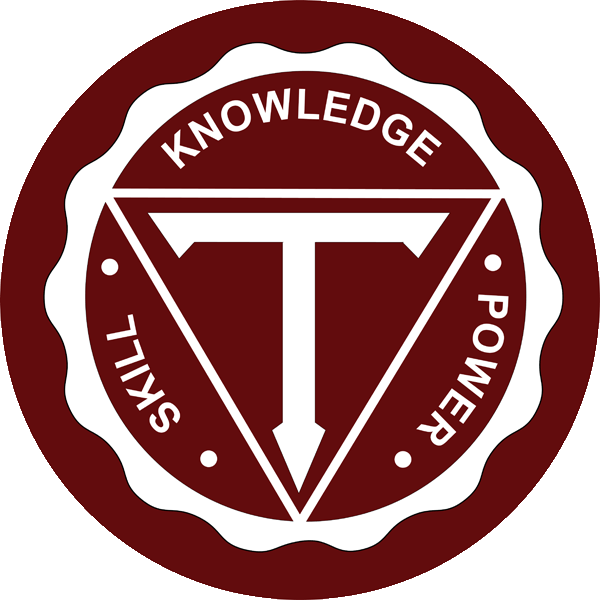


Hutchinson Central Technical High School
Course Syllabus
Course Name: Regents Physics
Instructor: Mr. Cirpili Contact Time: 12:27-1:08 or 1:12-1:53 Phone Ext: 1406
Grading Policy
The breakdown of grading is as follows:
40% Tests
20% Laboratory
20% Quizzes
10% Homework
10% Class participation (The class participation is for the first marking period only).
Clearly tests make up the largest portion of the grade. Absences and their implications for due dates are outlined below.
Over the course of the year, the percentage of the grade derived from tests and quizzes increases at the expense of laboratory and class participation. The rationale behind this scheme is to better prepare students for the end of year Regents assessment.
The fourth quarter grade depends very heavily on the Regents Exam. This is because fourth quarter is largely review.
Quiz and test makeups are always the first day of student attendance upon return to school. These must be made up afterschool or if the student makes an agreement for another period during the day. Failure to make up a quiz will result in a zero if the student does not make the effort to make up the quiz. If the student is absent in excess of two days after a quiz or test, they will not receive a zero but the quiz will not be administered but will not be a zero. If attendance is a persistent problem, multiple blank quiz / test entries will result in a parent conference.
Parents:
Since physics is a more difficult class, grades may not be as high as some other classes. Please encourage your student to take advantage of all available help, including the extensive extra-credit. Students may say, "I don't understand" or "I don't get it". These are okay statements as a lot of new content is being taught. However, some responses to your student could be, "Have you done all the homework? (which you can check in infinite campus)?", "What are you doing to change that?", "Have you sought additional help before or after school?", "Have you used the review book?", "Have you done extra credit in Castle Learning?"
All the homework grades have additional comments that you can ask your student about.
Homework Policy
Approximately between 4 to 5 HW assignments are given per quarter. Students are expected to manage their time and do a little bit of homework every evening. Classroom checking of assignments and periodic collection and grading of larger assignments are combined to determine the homework grade. Students earn a homework grade and this grade can be improved to 100 if work for the assignment is shown. Late homeworks are accepted but only as a study tool for the cumulative final. If a student is absent for medical reasons, they need to appear before or after school to grade their homework. Missing homeworks are counted as zeroes. Assignment completion also relates to classroom participation since homeworks are periodically reviewed in class.
Test Policy
One final, cumulative exam is given each quarter. If a student is caught cheating, they will be notified after the exam is completed as the forum for addressing this is not during exam time. At 40%, tests make up a significant portion of the grade. Special consideration should be made to study for the exams.
Quiz Policy
The quizzes count for 20% to 25% of the quarterly average. Of course, as with tests, cheating on a quiz will result in a zero for that quiz and will be dealt with according to school policy. Students will be allowed to user their own reference tables on the quizzes and are encouraged to make any notes on them they wish to assist with the quizzes.
Projects
An extra credit project will be assigned over Christmas Break, Winter Break and Easter vacation. This will count for multiple homework assignments and represents a significant portion of the grade.
Course Outline
The topics for physics are:
Measurement and Mathematics
Mechanics
Energy
Electricity and Magnetism
Waves
Modern Physics
Since mechanics and energy makes up the largest portion of the Regents exam, most of the course will be spent on this material. Students should expect to spend at least one whole quarter and half of another on mechanics and energy. Electricity is next, comprising nearly a quarter's worth of time. Waves and modern physics combined comprise one quarter's worth of time and the remainder is spent for covering the basics at the beginning and review at the end.